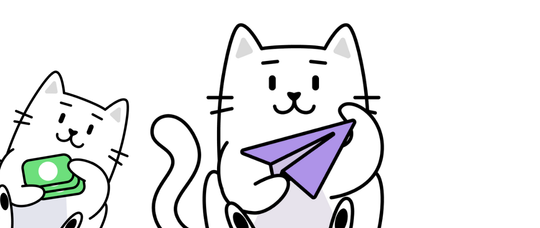
Advertising on the Telegram channel «Learn German with Leo🦁»
Bist du bereit, deine Online-Präsenz auf das nächste Level zu heben? Unsere Social Media-Dienstleistungen helfen dir, deine Zielgruppe zu erreichen und deine Marke zum Strahlen zu bringen!
Catalog of Telegram Channels for Native Placements
Advertising on the Telegram channel «Learn German with Leo🦁» is a Telegram channel in the category «Иностранные языки», offering effective formats for placing advertising posts on TG. The channel has 22.5K subscribers and provides quality content. The advertising posts on the channel help brands attract audience attention and increase reach. The channel's rating is 2.3, with 0 reviews and an average score of 0.0.
You can launch an advertising campaign through the Telega.in service, choosing a convenient format for placement. The Platform provides transparent cooperation conditions and offers detailed analytics. The placement cost is 72.0 ₽, and with 1 completed requests, the channel has established itself as a reliable partner for advertising on Telegram. Place integrations today and attract new clients!
Комментарий